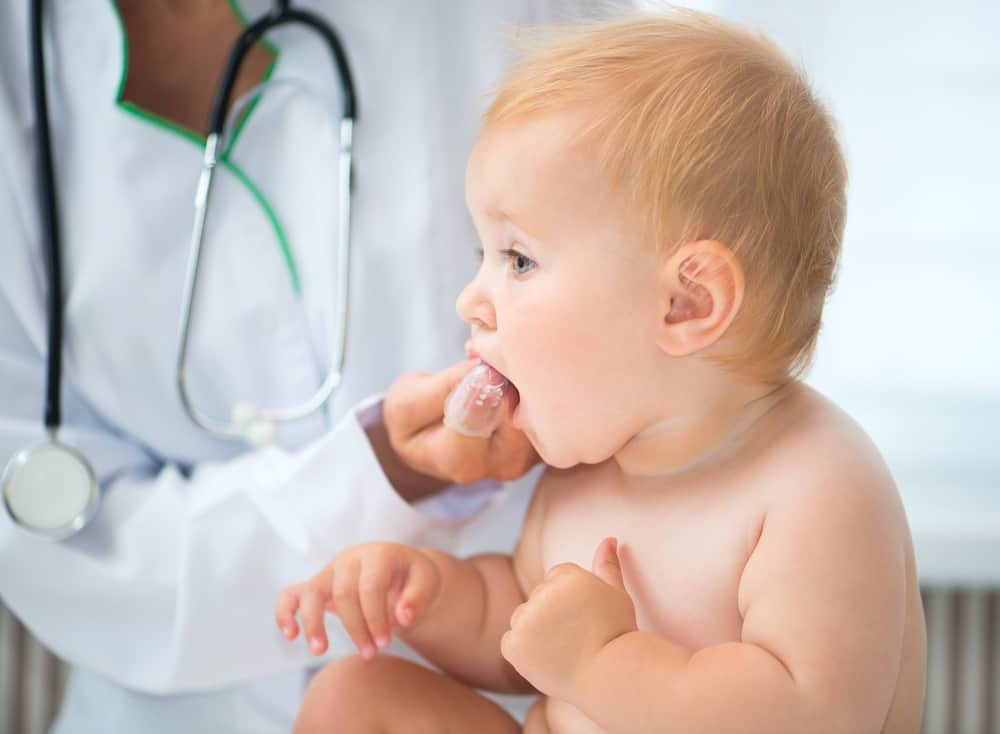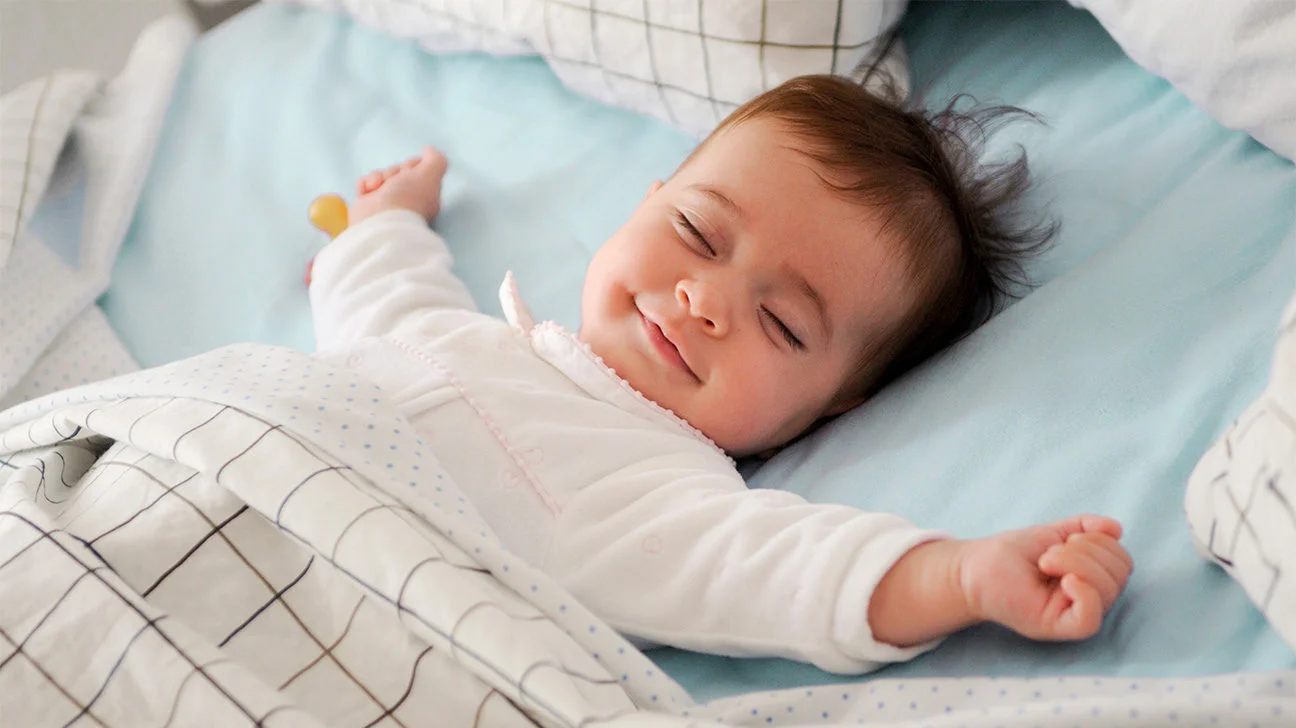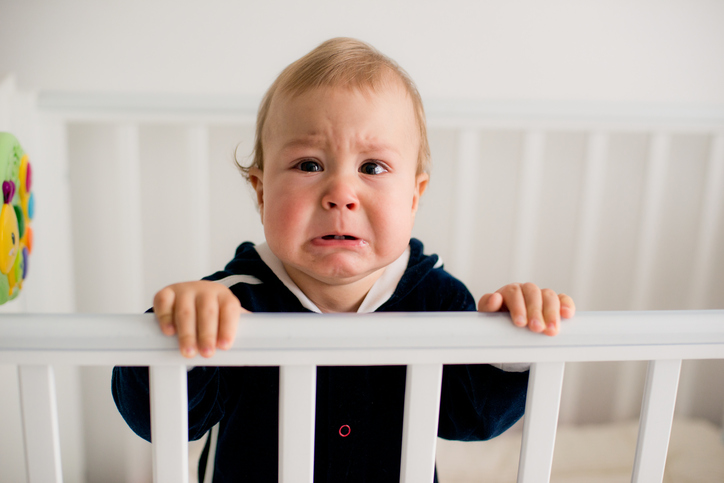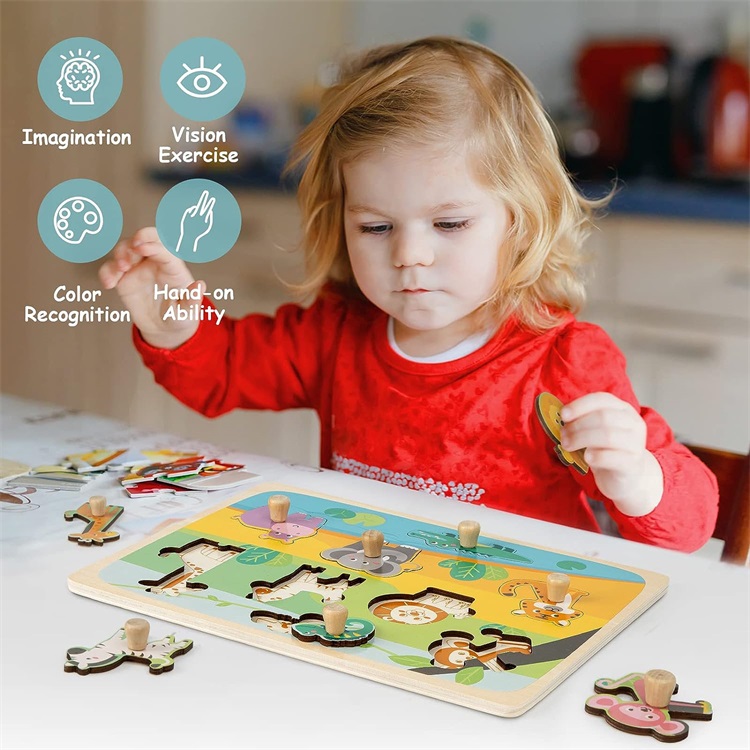Caring for Your Baby’s Teeth: Tips for Good Oral Hygiene
As a parent, you want to do everything you can to keep your baby healthy and happy. One important aspect of your baby’s health is their oral hygiene. Even though your baby’s teeth may not be visible yet, it’s important to start taking care of their gums and teeth from an early age. Here are some tips for good oral hygiene for your baby:
Start cleaning your baby’s mouth early
Even before your baby’s teeth come in, you can start cleaning their mouth. Use a clean, damp washcloth or gauze to gently wipe their gums and tongue after feedings. This will help remove any bacteria and prevent the buildup of plaque.
Use a soft-bristled toothbrush
Once your baby’s teeth start coming in, you can start using a soft-bristled toothbrush to clean their teeth. Use a small amount of fluoride toothpaste (about the size of a grain of rice) and gently brush their teeth twice a day. Be sure to use a toothbrush that is specifically designed for babies, with a small head and soft bristles.
Avoid sugary drinks and snacks
Sugary drinks and snacks can be harmful to your baby’s teeth, even at a young age. Avoid giving your baby sugary drinks like juice or soda, and limit their intake of sugary snacks like cookies and candy. Instead, offer them healthy snacks like fruits and vegetables.
Schedule regular dental checkups
Even though your baby’s teeth may not be fully developed yet, it’s still important to schedule regular dental checkups. Your dentist can check for any potential issues and provide guidance on how to care for your baby’s teeth.

Be gentle
When brushing your baby’s teeth, be gentle and take your time. Use a circular motion to brush their teeth and gums, and avoid scrubbing too hard. This can cause damage to their delicate gums and teeth.
Make it fun
Oral hygiene doesn’t have to be a chore! Make it fun for your baby by singing songs or playing games while you brush their teeth. This can help make the experience more enjoyable for both you and your baby.
Use fluoride toothpaste
Fluoride is a mineral that helps strengthen teeth and prevent tooth decay. Once your baby’s teeth start coming in, you can start using a small amount of fluoride toothpaste (about the size of a grain of rice) to brush their teeth. Be sure to use a toothpaste that is specifically designed for babies and has a low fluoride concentration.
Avoid putting your baby to bed with a bottle
Putting your baby to bed with a bottle can be harmful to their teeth. The sugars in the milk or formula can cause tooth decay, especially if your baby falls asleep with the bottle in their mouth. Instead, try to feed your baby before bedtime and avoid giving them a bottle once they are asleep.
Be aware of teething symptoms
Teething can be a difficult time for both you and your baby. Be aware of the symptoms of teething, such as fussiness, drooling, and irritability. You can help soothe your baby’s gums by giving them a cold teething ring or a clean, damp washcloth to chew on.
Lead by example
As a parent, you are your baby’s first role model. By practicing good oral hygiene yourself, you can set a good example for your baby. Make sure to brush and floss your own teeth regularly, and let your baby see you doing it. This can help instill good oral hygiene habits in your baby from an early age.
In summary, caring for your baby’s teeth is an important part of their overall health and well-being. By starting early and following these tips, you can help ensure that your baby’s teeth and gums stay healthy and strong. Remember to schedule regular dental checkups, use fluoride toothpaste, and avoid sugary drinks and snacks. With a little bit of effort and care, you can help your baby develop good oral hygiene habits that will last a lifetime.
Post a Comment
You must be logged in to post a comment.





